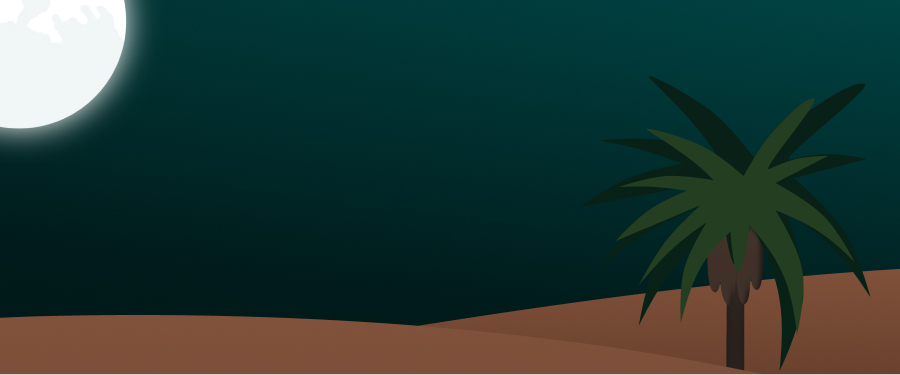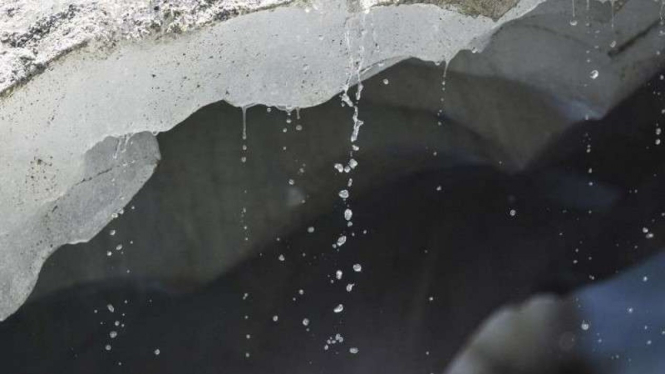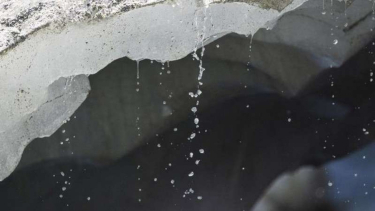Switzerland Records Worst Glacier Melting Rate in Over a Century
- ANTARA FOTO/REUTERS/Denis Balibouse/foc
VIVA – In records that have been made by Switzerland, the country is seeing the worst glacier melting rate since monitoring began more than 100 years ago or a century. This record explains the loss of six percent of the remaining volume this year or nearly double the previous record in 2003.
As quoted from the Swiss Glacier Monitoring Network (GLAMOS) Twitter, the Cryospheric Commission said 2022 will be a catastrophic year for Swiss glaciers.
“2022 is a catastrophic year for Switzerland glaciers: all record melting ice was shattered by the scarcity of snow in winter and persistent heat waves in summer,” the Cryospheric Commission, said in its report on Wednesday, September 28, 2022.
The head of GLAMOS, Matthias Huss, told BBC News, based on climate change projections, "this situation is coming, at least somewhere in the future". The Pizol, Vadret dal Corvatsch and Schwarzbachfirn glaciers "almost disappeared, measurements stopped", the Cryospheric commission said.
According to the report, in the southern Engadine and Valais regions, ice sheets four to six meters thick at an altitude of 3,000 meters above sea level have disappeared.
Jembatan Trift, Swiss
- Twitter @HofSwitzerland
Significant losses were recorded even at the highest measuring points, including the Jungfraujoch mountain, which reaches a peak of nearly 3,500 meters.
“Observations show that many glacier tongues were crushed and pieces of rock rose from the thin ice in the center of the glacier. This process further accelerates the decline,” the report added.
In an opinion piece reported by Al Jazeera on how the rapid ice melt would affect Switzerland, Matthias Huss said it would have a "major impact" on water runoff. More than half of the glaciers in the Alps are in Switzerland where temperatures have risen by about twice the global average.
Scientists across the Alps, including Huss, have been obliged to carry out emergency repair work at dozens of sites across the Alps because melting ice risks uprooting measuring poles and corrupting their data.
The effects were all the result of extremely low winter snowfall combined with successive heat waves.
Snowfall replenishes ice lost each summer and helps protect glaciers from further melting by reflecting sunlight into the atmosphere.
If greenhouse gas emissions continue to increase, Alpine glaciers are expected to lose more than 80 percent of their current mass by 2100.
There will be a lot of loss regardless of any emissions action taken now, thanks to global warming caused by past emissions, according to a report by the United Nations Intergovernmental Panel on Climate Change in 2019.




























